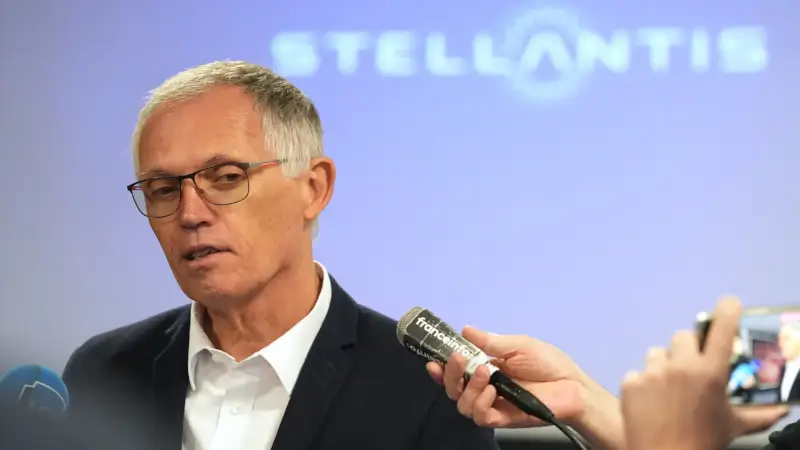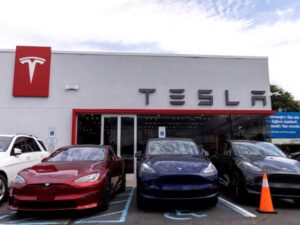Carlos Tavares, CEO of Stellantis, has resigned unexpectedly, citing “different views” with the automaker’s board of directors, the company announced Sunday. The resignation is effective immediately, and the company has initiated the search for a successor.
Transition Plan
Stellantis, the world’s fourth-largest automaker, said its chairman, John Elkann, will lead a newly formed interim executive committee until a new CEO is named. The company expects to finalize the appointment in the first half of 2025.
“Stellantis’ success since its creation has been rooted in perfect alignment between the reference shareholders, the board, and the CEO. However, in recent weeks, different views have emerged, resulting in today’s decision,” Henri de Castries, Stellantis’ senior independent director, said in a statement.
Leadership and Legacy
Tavares, who has led Stellantis since its formation through the 2021 merger of Fiat Chrysler Automobiles and PSA Groupe, was initially slated to retire at the end of his contract in early 2026. He was lauded for his role in spearheading the merger and establishing Stellantis as one of the most profitable automakers globally.
However, his tenure has faced mounting challenges this year, particularly in the U.S. market. The automaker has been criticized for underinvestment in new products, high prices, and aggressive cost-cutting measures.
Financial and Operational Struggles
Stellantis has grappled with declining sales and financial underperformance. In September, the company lowered its annual guidance, followed by a 27% drop in third-quarter net revenues. Global vehicle sales fell by 20% year-over-year during the same period, with U.S. sales continuing a yearslong decline.
Tavares defended Stellantis’ strategy, which included cost-saving measures yielding €8.4 billion ($9 billion) since the merger. These measures involved headcount reductions of approximately 47,500 employees between 2019 and 2023 and shifting production to lower-cost regions.
However, critics—including U.S. dealerships, unions, and the United Auto Workers (UAW)—blamed these cost cuts for operational inefficiencies, layoffs, and strained relationships. The UAW had been calling for Tavares’ removal, citing job losses and production cuts that left workers and union leaders dissatisfied.
Looking Ahead
Despite the challenges, Stellantis emphasized that it is moving swiftly to stabilize leadership and refocus its strategy. The automaker remains committed to addressing operational challenges while maintaining its competitive position in the global market.
Shares of Stellantis have fallen approximately 43% in 2024, reflecting investor concerns over the company’s performance and leadership uncertainty.





